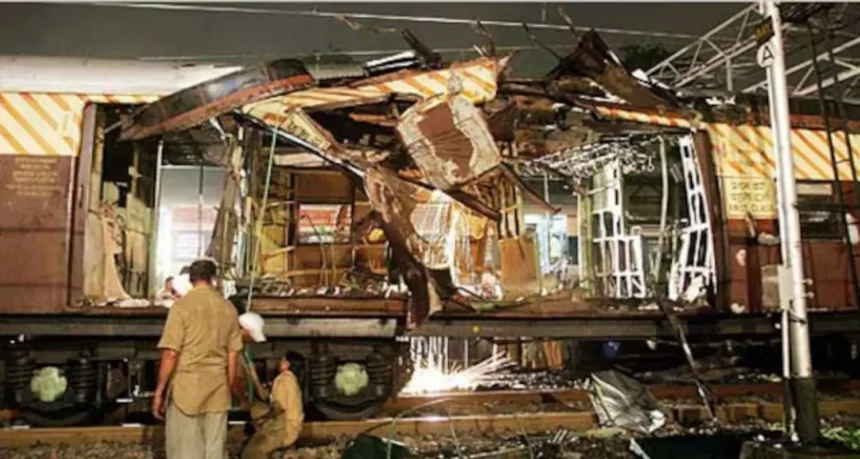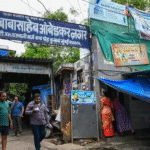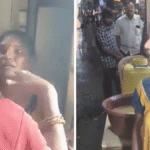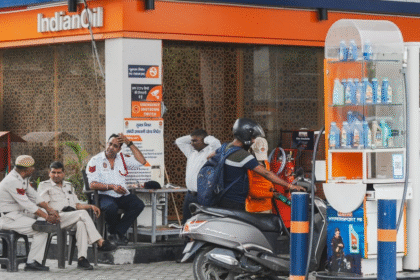Mumbai Train Blasts: All 12 Accused Acquitted After Years of Wrongful Imprisonment
Mumbai: In a significant judgment, the Bombay high court today, July 21, acquitted all 12 men who were earlier convicted and sentenced to death (five of them) and life term (seven) for “participating” in the deadly serial train blasts of July 11, 2006. The judgement came 19 years since the incident and the men have languished in jail through this time.
Only one person, Wahid Shaikh, was acquitted in 2015 after the trial court found no evidence against him. He too had languished in jail for nine years.
Wahid said that the special court, comprising Justices Anil Kilor and Shyam Chandak, fully accepted the defence’s argument that they were brutally tortured and their confessions were forcefully extracted. “We have maintained all along that not just me but all the other 12 men were falsely implicated in the case. We stand vindicated today,” an emotional Wahid said over phone.
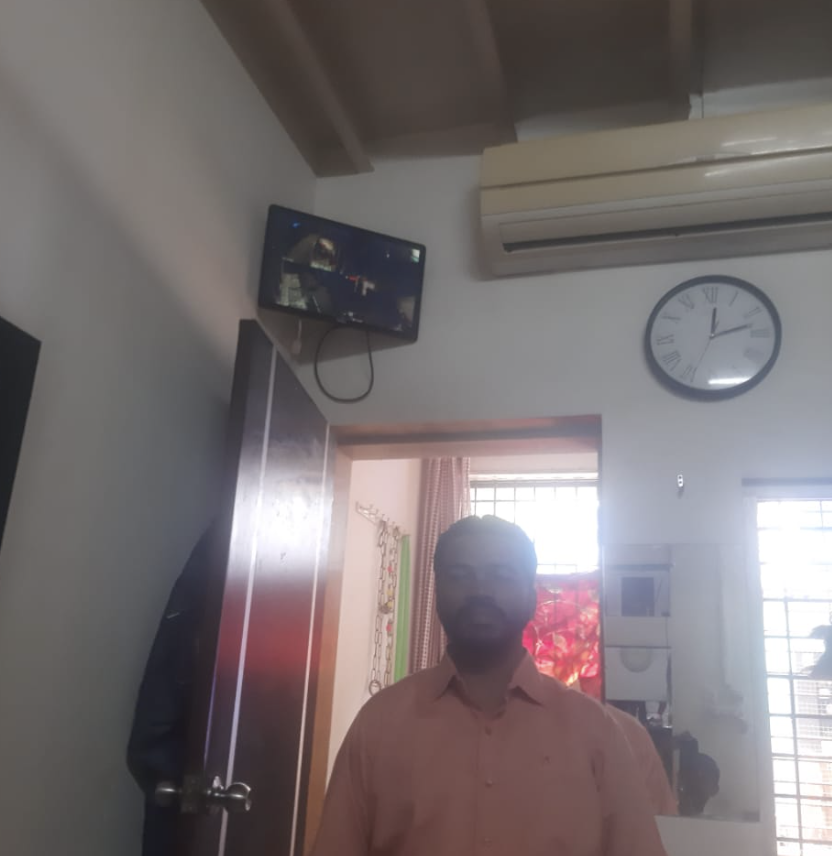
The judgment copy is yet to be made available and the grounds of acquittal will be known only then.
Over the past six months, the high court had heard the appeals filed by both the government and the convicted men. This acquittal raises serious questions on the role played by the state investigating agency, in this case the Anti Terrorism Squad (ATS), in probing the case.
On July 11, 2006, seven bombs had exploded in different local trains on the western line of the Mumbai railways. A total of 189 persons had died and over 820 were seriously injured. The police’s case was that the accused persons had assembled bombs in a pressure cooker and had planted it on the train in the evening, which is a very busy time for commuters in the city.
Among those convicted, five persons – Kamal Ansari, Mohammad Faisal Ataur Rahman Shaikh, Ehtesham Qutubuddin Siddiqui, Naveed Hussain Khan and Asif Khan – were awarded the death penalty after the special Maharashtra Control of Organised Crime Act (MCOCA) court found them guilty of “planting the bombs”, along with undergoing training for terror activities, and conspiracy, among other accusations. The seven others who were sentenced to life (unto death) are Tanveer Ahmed Mohammed Ibrahim Ansari, Mohammed Majid Mohammed Shafi, Shaikh Mohammed Ali Alam Shaikh, Mohammed Sajid Margub Ansari, Muzammil Ataur Rahman Shaikh, Suhail Mehmood Shaikh and Zameer Ahmed Latiur Rehman Shaikh.
The men have, all through this time, been denied bail. Even in extreme situations like the COVID- 19 pandemic and loss of family members, the incarcerated men were denied any kind of release by the judiciary. Today, the high court has released them all on a simple “Personal Recognizance (PR)” Bond, which means they can walk out without having to make any financial payment for their release.
Shaikh Mohammed Ali Alam Shaikh’s son Sohail said that the family members are waiting to get a copy of the judgement before rushing to the various prisons that the 12 men have been incarcerated in at the moment. “My father is in Nagpur jail. Since there is no release condition, I am hoping he returns home today itself,” Sohail said.
Frequent visits, sustained torture
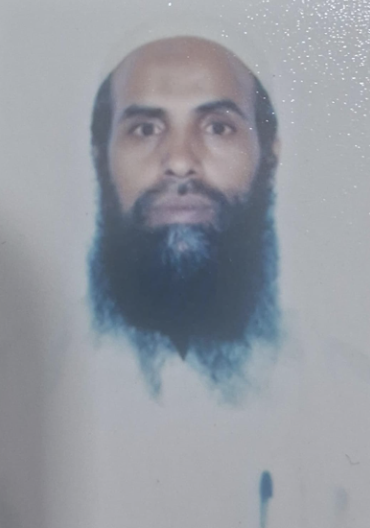
Last month, The Wire had published a detailed piece on the sustained torture that the families, including Ali’s, have been facing from law enforcement despite the men being firmly in jail. Ali’s family had alleged that different departments of the Mumbai police would keep frequenting their homes and asking for Ali’s whereabouts, even when he was in their custody. This is one of the common tactics that states resort to in order to intimidate families and ensure they do not file complaints against them.
“After this judgement, we just hope our lives will finally begin,” said Sohail, who was a little boy when his father was arrested in 2006. Sohail, now working with a private firm in the city, had earlier told this reporter that he barely got a chance to be a child. “We had to grow up too soon and assume responsibilities. We have always been in the firefighting mode,” he had said in a conversation in June.
Wahid, who was a school teacher at the time of his arrest, transformed into a fierce activist on his release in 2015. He started ‘Innocence Network’, a campaign for the release of the 12 others. He wrote books on his life in jail, researched on the Indian carceral system and obtained a PhD degree recently on the same. He, along with the Jamiat Ulema-i-Hind, once only a socio-religious organisation and now a full- fledged legal aid organisation, worked meticulously on the case. A battery of lawyers, including Wahab Shaikh, Sharif Shaikh, Yug Choudhary, Payoshi Roy, senior advocate and former Odisha high court chief justice S. Muralidhar, and Nitya Ramakrishnan among many others worked on this case.
In the last set of arguments, advocate Muralidhar, who appeared for Muzzamil Ataur Rahman Shaikh, and Zameer Ahmed Latifur Rehman Shaikh looked in detail at the lapses in investigation and how the confession statements of the defendants were extracted forcefully. Under the stringent MCOCA law, confessions made before a police officer are admissible in a court, making the situation even more precarious for accused.
He also had called the entire investigation a “media trial”. His entire submission focused on bringing out the biased nature of the investigation.
Murlidhar, in his written submission had argued: “Innocent people are sent to jail and then years later when they are released from jail there is no possibility for reconstruction of their lives… From last 17 years (now 19) these accused are in jail. They haven’t stepped out even for a day. The majority of their prime life is gone. In such cases where there is a public outcry, the approach by police is always to first assume guilt and then go from there.”
On the behaviour of the police, Muralidhar had said: “Police officers take press conferences in such cases, and the way the media covers the case, it kind of decides the guilt of a person. In many such terror cases, investigating agencies have failed us miserably.”
“And then after years, the accused are acquitted and then no one gets closure. We have a history of failures in probes in terror cases. But it is not too late now. The court can set it right,” Muralidhar had said in his concluding arguments.
The acquittal puts into focus not just the fact that 12 men had to languish in jail for close to two decades – and Wahid, for nine years – but also the fact that the families of the many people who died in the attack still do not know who perpetrated them. With this acquittal, the state police have a lot of answering to do.


